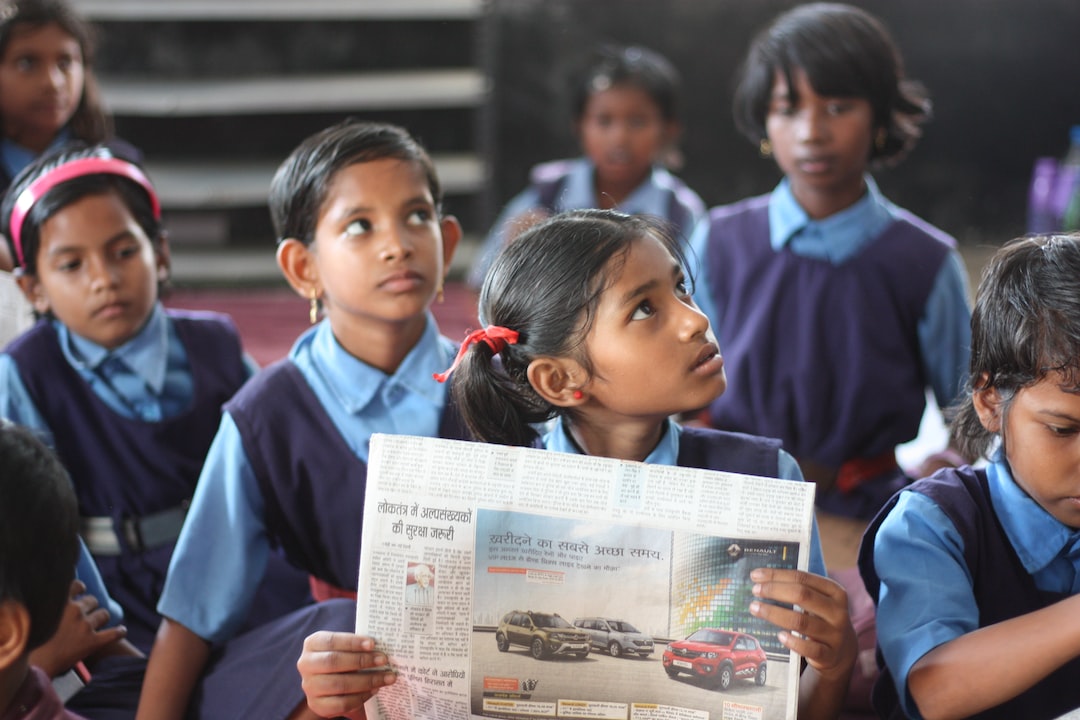Promoting Diversity and Inclusivity in Education
Education plays a crucial role in shaping the minds of future generations. It equips individuals with knowledge and skills that enable them to make meaningful contributions to society. However, education should not be limited to only providing academic excellence; it should also promote diversity and inclusivity. By embracing diversity and creating an inclusive environment, educational institutions can empower students from different backgrounds to thrive and succeed.
Firstly, promoting diversity in education means embracing students from various cultural, ethnic, and socioeconomic backgrounds. Every student brings a unique perspective and experience to the classroom. When students encounter individuals who are different from themselves, it creates an opportunity for dialogue and understanding. Through conversations and interactions, students can gain a broader understanding of the world around them and develop empathy and respect for others.
One way to foster diversity in education is by incorporating multicultural literature and resources into the curriculum. By exposing students to stories and experiences from different cultures, they can develop an appreciation for the diverse backgrounds and perspectives that exist. Additionally, organizing cultural events and celebrations can further promote inclusivity and provide a platform for students to share their heritage with their peers.
Moreover, an inclusive education system is one that caters to the needs of every student. It recognizes that each individual has unique learning abilities and ensures that appropriate support and accommodations are provided. Inclusion means creating an environment where students with disabilities or learning differences can fully participate in educational activities alongside their peers.
Teachers play a vital role in promoting inclusivity. They should receive adequate training and resources to effectively meet the needs of all students. This includes adapting teaching methods and materials to accommodate diverse learning styles and providing additional support when necessary. By fostering an inclusive classroom environment, students with disabilities can feel valued and empowered to reach their full potential.
Furthermore, it is essential to address biases and prejudices in education. Stereotypes and discrimination can hinder the learning experience of marginalized individuals. Educators must actively challenge these biases and create a safe space where students feel comfortable expressing their views and experiences. By promoting open dialogue and critical thinking, students can become more aware of societal issues and work towards a more inclusive and equitable society.
Inclusivity in education goes beyond the classroom walls. Schools should also engage with parents and the wider community to ensure that educational opportunities are accessible to all. Involving families in decision-making processes and cultural events can strengthen the bond between the school and the community. Furthermore, collaborations with local organizations and businesses can provide additional resources and support to students from disadvantaged backgrounds.
Lastly, it is crucial to develop diverse and inclusive role models for students to look up to. Representation matters in education. By ensuring that textbooks, literature, and teaching materials are inclusive, students can see themselves reflected in their education. Having diverse role models also encourages students to pursue their passions confidently, regardless of their background.
To conclude, promoting diversity and inclusivity in education is essential for a just and equitable society. By embracing diversity, creating inclusive environments, and challenging biases, educational institutions can provide students with the tools to become open-minded and empathetic individuals. In a world increasingly interconnected and diverse, it is crucial to prepare students to be global citizens who value and celebrate differences.

